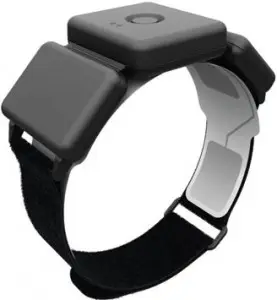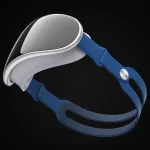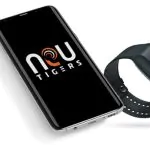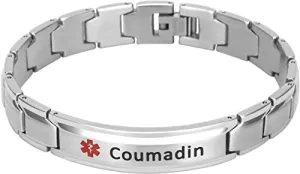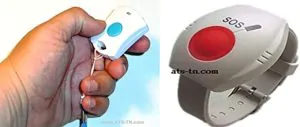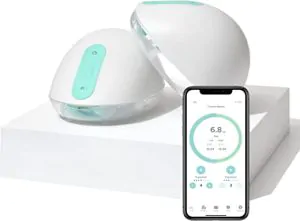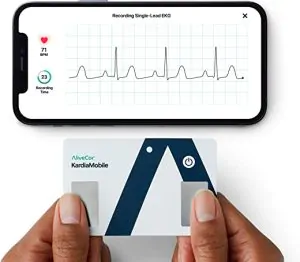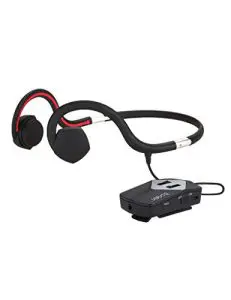Wearable medical devices are becoming popular at a phenomenal rate, but the majority of devices are actually for vitals monitoring and nothing more. However, NeuroMetrix, a company founded by the Harvard Division of Health Sciences and Technology, has an altogether different device that is designed to manage pain rather than sense it. The device was designed for diabetics and anyone with chronic pain, and provides non-drug pain relief therapy to wearers.
The NeuroMetrix Sensus
 Originally designed as a way to offer pain relief without medication to diabetics, the NeuroMatrix Sensus now looks like one of the most promising medical devices to come out in years. While it only offers relief to the feet and lower legs, the device is non-addictive, does not use drugs of any kind, and can be activated with the push of a simple button. The Sensus is an anklet that is worn around the calf on one or both legs. While too bulky to be worn under skinny jeans, it can be worn discreetly under bootcut pants or trousers, giving most people an easy way to wear it to work if necessary. The Sensus is also programmable and can be set to deliver pain relief at periodic times throughout the day.
Originally designed as a way to offer pain relief without medication to diabetics, the NeuroMatrix Sensus now looks like one of the most promising medical devices to come out in years. While it only offers relief to the feet and lower legs, the device is non-addictive, does not use drugs of any kind, and can be activated with the push of a simple button. The Sensus is an anklet that is worn around the calf on one or both legs. While too bulky to be worn under skinny jeans, it can be worn discreetly under bootcut pants or trousers, giving most people an easy way to wear it to work if necessary. The Sensus is also programmable and can be set to deliver pain relief at periodic times throughout the day.
How Does It Work
The NeuroMetrix Sensus actually stimulates the muscles using technology known as transcutaneous electrical nerve stimulation or TENS which is already used in treating some chronic pain including Diabetic Neuropathy. Depending on the users settings, pushing a button will cause temporary, or long lasting therapy. The Sensus is also personalized to each patient during the first use in order to ensure that it delivers the right amount of electrical stimulation. It is currently a prescription only device that physicians can order and have delivered to the owner’s home. The Sensus also features a sleep function, allowing users to dial it down to help reduce pain while sleeping, making it the first of such devices that can be worn at night. When used at the recommended dosage of one hour per day, the battery lasts for two weeks, and can then be recharged.
Issues
For the most part, the Sensus looks like an incredible device for anyone suffering from chronic foot or lower leg pain. However, electrical nerve therapy does have issues including that it should not be used by persons with epilepsy or pregnant women. In addition, there are not a great deal of studies that actually prove that TENS actually relieves pain, although some studies suggest that it might, especially for people with Diabetic neuropathy.

Despite this, the Sensus is FDA approved, and is definitely a product worth looking into. Diabetic Neuropathy is a 14 billion dollar industry, and the ability to provide home pain relief without drugs is a step in the right direction from any viewpoint. In fact, some insurance providers may start covering the cost for diabetics.
Because the Sensus can cost anywhere from $400-$1,200 for two depending on the retailer, it could actually be more cost effective than paying for medication over time.
What do you think? Is a TENS anklet a good solution?
